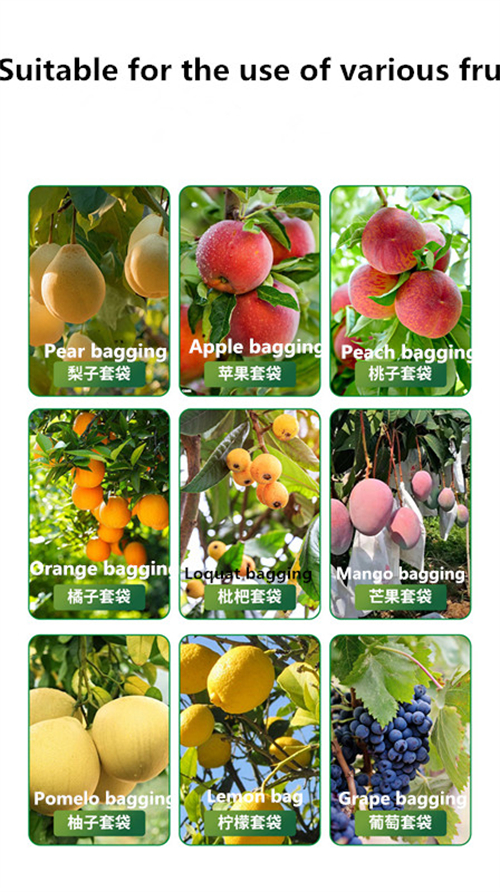ສ.ຫ. . 11, 2024 19:34 Back to list
Exploring the Importance of Pear Pollination in Sustainable Agriculture and Ecosystem Health
The Role of Pear Pollination A Critical Process for Fruit Production
Pollination is a crucial step in the reproductive process of flowering plants, and pear trees (Pyrus) are no exception. The role of pear pollination in the agricultural landscape is significant, as it ensures the production of high-quality fruits, supports agricultural biodiversity, and sustains the livelihoods of many farmers. Understanding the intricacies of pear pollination can enhance yields, improve fruit quality, and contribute to sustainable agricultural practices.
The Process of Pollination
Pear trees typically require cross-pollination, which involves the transfer of pollen from the male part of one flower to the female part of another. This is primarily carried out by pollinators, such as bees and other insects, that visit the flowers in search of nectar and pollen. The genetic diversity achieved through cross-pollination not only enhances fruit set but also improves overall fruit quality, leading to better taste, size, and shelf-life.
While some pear varieties are self-pollinating, many others are not, making the presence of compatible pollinators critical. Hence, farmers often plant different pear varieties in proximity to ensure that cross-pollination occurs effectively. This strategic planting not only boosts fruit yield but also contributes to a vibrant ecosystem by attracting various pollinators.
The Importance of Pollinators
Pollinators play an essential role in the pear pollination process, and their decline has raised concerns among farmers and ecologists alike. The loss of pollinator populations can lead to reduced fruit set and lower yields, directly impacting farmers’ incomes. Factors contributing to pollinator decline include habitat loss, pesticide usage, and climate change.
Farmers have started to adopt practices that support pollinator health, such as planting wildflower strips, reducing chemical inputs, and providing habitats for bees and other beneficial insects
. By fostering a welcoming environment for pollinators, farmers not only enhance the efficiency of pear pollination but also promote a more robust ecosystem.the role of pear pollination company

Economic Impact of Pear Production
The economic implications of effective pear pollination are significant. Pears represent a valuable crop in many regions, and their production contributes to local and national economies. In places where pears are a staple agricultural product, such as parts of Europe and North America, the industry relies heavily on successful cross-pollination to maintain quality and quantity.
Farmers who understand the importance of pollination can better manage their orchards, diversifying their pear varieties to ensure that they create an effective pollination environment. Such strategies not only contribute to better economic outcomes but also foster resilience against market fluctuations.
The Future of Pear Pollination
With growing concerns over environmental sustainability and food security, the role of pear pollination in agriculture is becoming increasingly important. Ongoing research into pollinator habits, pear genetics, and sustainable agricultural practices will provide insights that can improve pollination outcomes.
Farmers, scientists, and policymakers need to collaborate to create policies and practices that protect pollinators. Implementing Integrated Pest Management (IPM), setting aside natural habitats, and educating communities about the importance of biodiversity can collectively enhance pollination success.
In conclusion, pear pollination is a fundamental process that ensures the production of high-quality fruits, supports agricultural economies, and maintains biodiversity. As we face ecological challenges, understanding and investing in effective pollination will be vital for the future of pear farming and sustainable agriculture as a whole. By prioritizing the health of pollinators and embracing sustainable practices, we can secure a fruitful tomorrow for pear growers and consumers alike.
-
Premium Apple Tree Pollen for Sale | Boost Fruit Set & Yields
NewsAug.31,2025
-
Pure Cherry Pollen: Boost Fruit Yields with Natural Pollination
NewsAug.30,2025
-
Precision Artificial Pollination: Maximize Crop Yields
NewsAug.29,2025
-
Premium Plant Pollen: Enhance Yields & Boost Research
NewsAug.28,2025
-
Artificial Pollination: Boost Crop Yields Efficiently
NewsAug.27,2025
-
Premium Kiwipollen for Sale | Male Kiwi Pollen Supply
NewsAug.26,2025